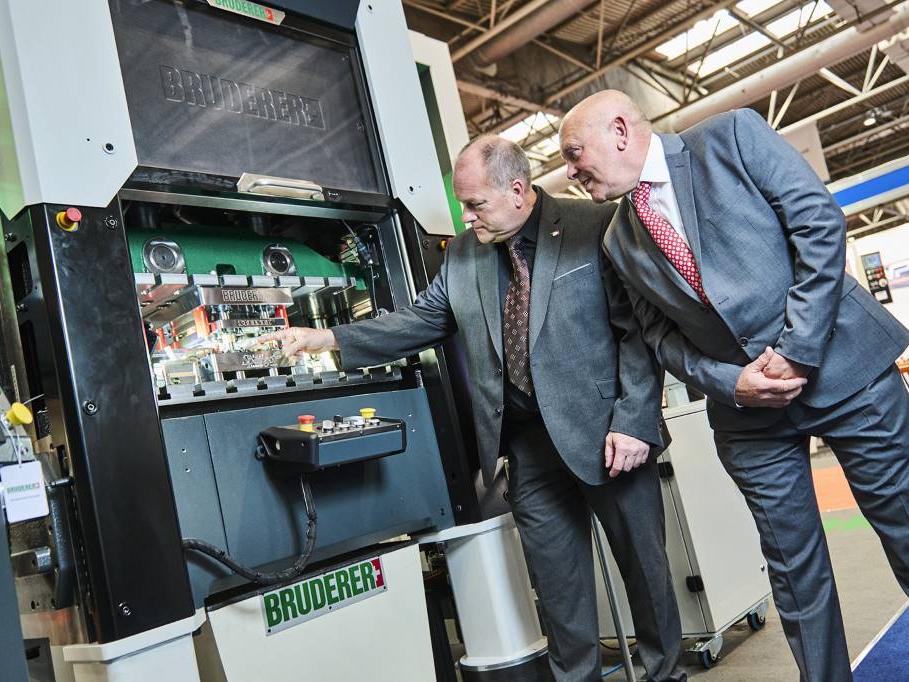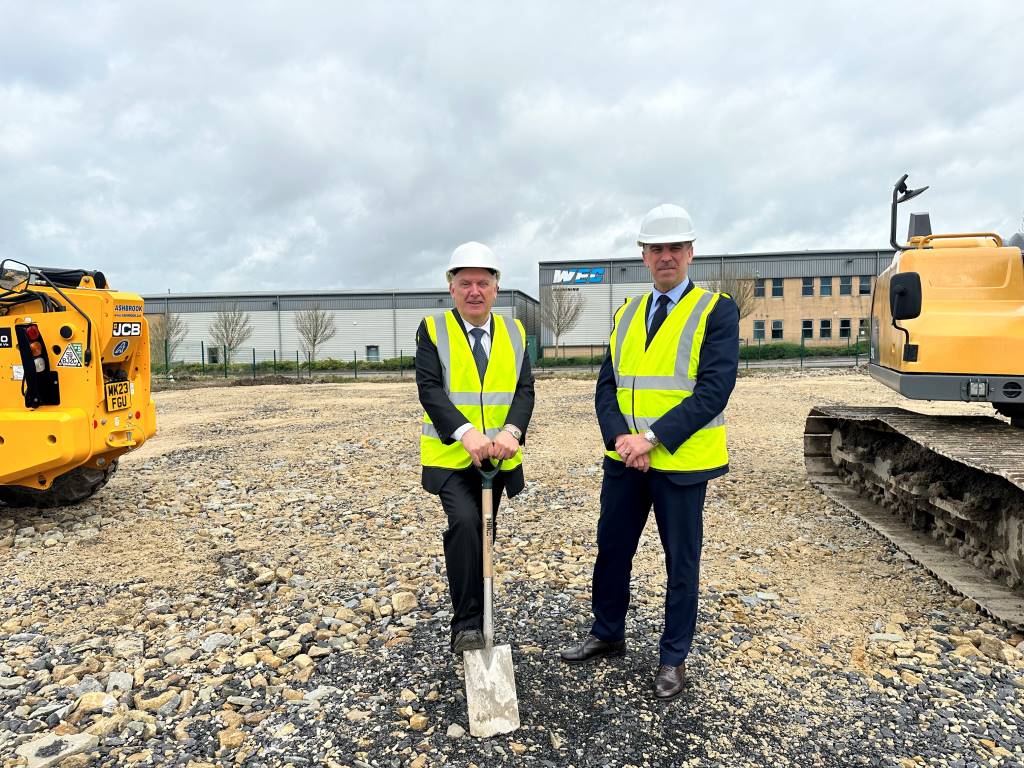UK manufacturing industry emerges from its decline – PMI data

The start of 2020 saw the performance of the UK manufacturing sector remaining steady following the downturn experienced through much of last year.
Reduced levels of political uncertainty following the general election led to mild recoveries in new orders and business confidence and a stabilisation of production volumes. Overseas demand remained a constraint, however, as new export orders fell for the third straight month.
The seasonally-adjusted IHS Markit/CIPS Purchasing Managers’ Index (PMI) rose to a nine-month high of 50.0 in January, identical to its no-change mark and above December's reading of 47.5. The PMI last posted a reading above its neutral 50.0 level in April 2019.
Output rose in the consumer and intermediate goods sectors, as manufacturers in these industries scaled up production in response to improved inflows of new business. In contrast, the downturn in the investment goods sector continued, with output and new work intakes declining sharply (albeit to lesser extents than before the turn of the year).
The trend in new export business continued to weigh on the UK manufacturing sector in January. Companies cited weak economic growth in key markets – especially within Europe – as the main factor underlying the latest decline in new export orders.
Signs of stabilisation in the manufacturing sector at the start of 2020 filtered through to trends in hiring and business confidence. The level of employment was broadly unchanged during January, halting a nine-month sequence of job losses.
Optimism improved to an eight-month high, with 47% of manufacturers forecasting that output would expand over the year ahead. Improved confidence reflected reduced political uncertainty, higher demand, an expected recovery in export volumes and planned new product launches. However, optimism remained low compared to the historical standards of the survey, in part due to ongoing uncertainty at some firms about the impact of Brexit on their businesses.
January saw inventories of purchases decline at the fastest pace since May 2013. Companies linked this to a combination of reducing Brexit safety stocks, efforts to improve cash flow, intentional inventory depletion strategies and lower levels of purchasing. Input buying volumes fell for the third successive month. Stocks of finished goods rose (albeit marginally) for the first time in three months.
Average input costs increased for the second month running in January. Although the rate of inflation was the fastest since last August, it was still modest compared to its long-run survey average. Higher costs were linked to market forces, exchange rate volatility, supplier price increases and rising energy and raw material costs. Part of the increase was passed on in the form of higher output charges, which rose for the 45th straight month in January.
Commenting on today’s PMI data, Seamus Nevin, chief economist at Make UK, the manufacturers’ organisation, said: “Manufacturing emerged from its longest decline since the 2008 Financial Crisis last month, as December’s election result reduced levels of political uncertainty and an improved domestic demand saw a small improvement in new orders and a stabilisation of production volumes.
“Business confidence, however, remains fragile and concerns about our future trade rules mean export orders are still falling. This is the main cause for concern so all eyes will be on the nature and quality of any trade deals secured over the next eleven months.”
Markit Economics www.markiteconomics.com
Make UK www.makeuk.org














